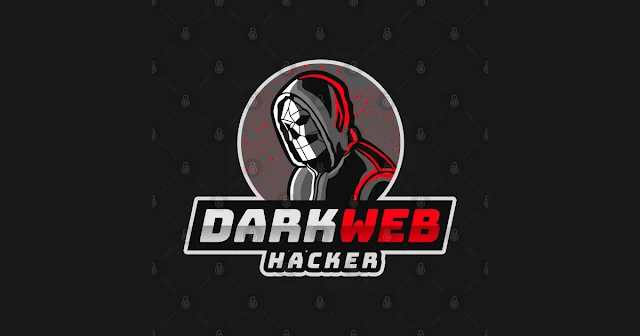Who is a Dark Web Hacker?
The dark web is a part of the internet that is not indexed by search engines and requires specific software, configurations, or authorization to access. It is often associated with illegal activities such as drug trafficking, weapon sales, and stolen goods. However, it is also home to a variety of hacker communities, some of which engage in ethical hacking, while others participate in illegal hacking activities. In this article, we will focus on the darker side of the dark web hacker community and explore the world of the Dark Web Hacker.
The Dark Web Hacker community is vast and diverse, ranging from small groups of hackers to larger organizations that operate in a more organized and professional manner. Some hackers work alone, while others collaborate with other hackers and share knowledge and resources.
Illegal Activities of Dark Web Hackers
While there are some ethical hackers on the dark web, many hackers engage in illegal activities such as stealing sensitive data, distributing malware, selling stolen data, and carrying out phishing attacks.One of the most common illegal activities carried out by Dark Web Hackers is the sale of stolen data. Hackers often steal data from websites, databases, and other sources, and then sell this data on the dark web. This data can include personal information such as credit card numbers, social security numbers, and login credentials.
Another common illegal activity carried out by Dark Web Hackers is the distribution of malware. Hackers often create and distribute malware on the dark web, which can be used to gain unauthorized access to systems, steal data, or launch DDoS attacks.
Phishing attacks are also common on the dark web, with hackers creating fake websites or sending phishing emails to trick users into providing sensitive information such as login credentials or credit card numbers.
Tools and Techniques Used by Dark Web Hackers
Dark Web Hackers use a variety of tools and techniques to carry out their illegal activities. Some of the most commonly used tools and techniques include:- Social engineering: Social engineering is the art of manipulating people to divulge confidential information or to perform actions that are not in their best interest. Dark Web Hackers often use social engineering to trick people into giving up their login credentials, credit card numbers, or other sensitive information.
- Phishing: Phishing is the practice of sending fraudulent emails that appear to be from reputable sources to induce people to reveal confidential information such as login credentials or credit card numbers.
- Malware: Malware is software that is designed to harm computer systems or steal data. Dark Web Hackers often use malware to gain unauthorized access to computer systems, steal sensitive data, or launch DDoS attacks.
- Botnets: Botnets are networks of infected computers that can be controlled remotely. Dark Web Hackers often use botnets to carry out DDoS attacks or to steal data from infected systems.
- Exploits: Exploits are vulnerabilities in software or hardware that can be exploited to gain unauthorized access to computer systems. Dark Web Hackers often use exploits to gain access to systems that are not properly secured.
Prevention and Protection
Prevention and protection against Dark Web Hackers require a combination of technical measures and user awareness.- Technical measures: Technical measures that can help protect against Dark Web Hackers include firewalls, antivirus software, intrusion detection and prevention systems, and security patches.
- User awareness: User awareness is also crucial in protecting against Dark Web Hackers. Users should be trained to recognize phishing emails, avoid clicking on links or downloading attachments from unknown sources, use strong passwords, and keep their software up to date.
Organizations should also have clear security policies and procedures in place, including regular security assessments, employee training, and incident response plans.
The Importance of Ethical Hacking
While Dark Web Hackers engage in illegal activities, there is also a growing community of ethical hackers who use their skills to help organizations identify and fix security vulnerabilities. Ethical hackers are also known as white hat hackers, and their work is sometimes referred to as penetration testing or red teaming.Ethical hackers are hired by organizations to test their systems and identify vulnerabilities before they can be exploited by malicious hackers. By identifying and fixing these vulnerabilities, ethical hackers help to improve the overall security of organizations and protect them from cyber attacks.
The Benefits of Ethical Hacking
There are several benefits to engaging in ethical hacking, including:- Improved Security: Ethical hacking can help organizations identify and fix security vulnerabilities before they can be exploited by malicious hackers. By improving their security posture, organizations can better protect their sensitive data and prevent costly data breaches.
- Compliance: Many organizations are subject to industry regulations and compliance requirements that mandate regular security assessments. Ethical hacking can help organizations meet these requirements and avoid costly fines.
- Reputation: Data breaches can damage an organization's reputation and erode customer trust. By proactively identifying and fixing security vulnerabilities, organizations can demonstrate their commitment to security and protect their reputation.








